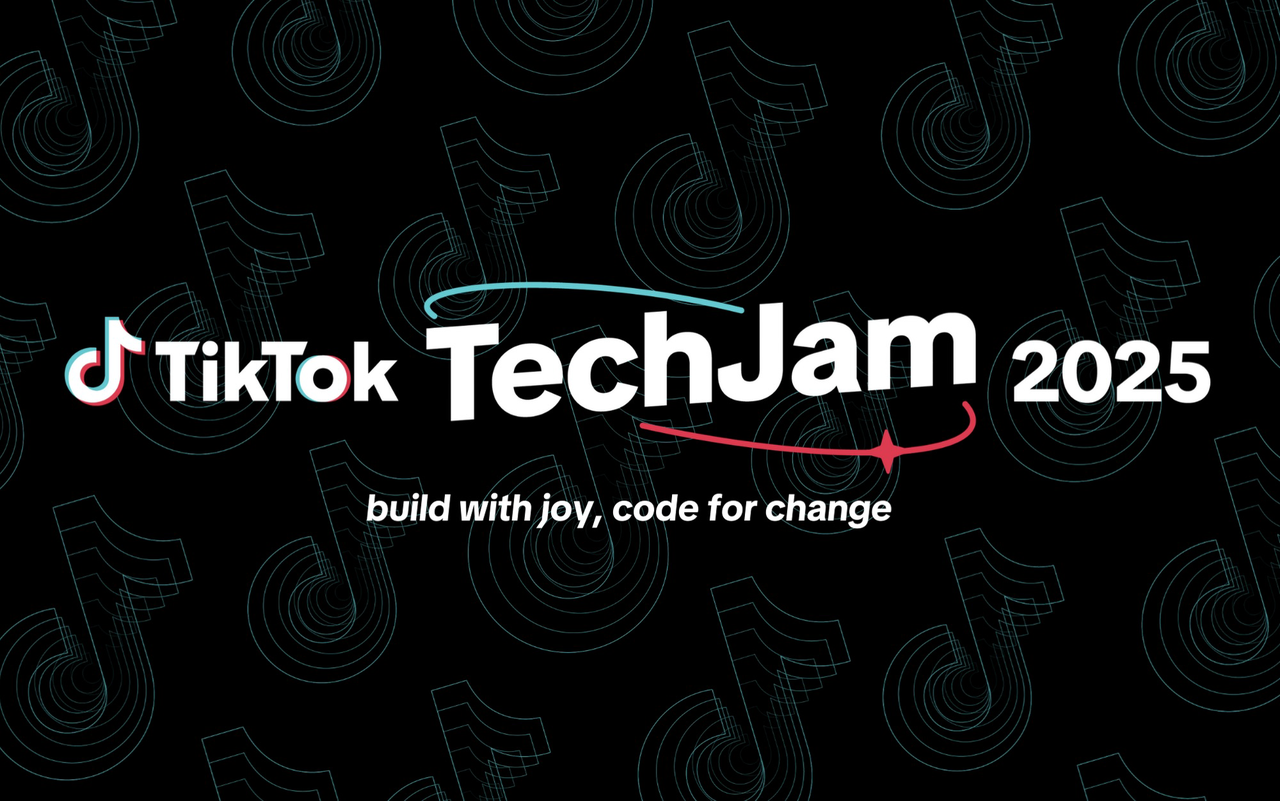At FOSDEM 2025, Dayeol Lee, a Research Scientist at TikTok's Privacy Innovation Lab, introduced ManaTEE, an open-source framework designed to facilitate privacy-preserving data analytics for public research. The framework integrates Privacy-Enhancing Techniques (PETs), including confidential computing, to safeguard data privacy without compromising usability. It offers an interactive interface through JupyterLab, providing an intuitive experience for researchers and data scientists. ManaTEE leverages Trusted Execution Environments (TEEs) to ensure both data confidentiality and execution integrity, fostering trust between data owners and analysts. Additionally, it provides proof of execution through attestation, enabling researchers to demonstrate the reproducibility and integrity of their results. The framework simplifies deployment by leveraging cloud-based confidential computing backends, making secure and private data analytics accessible and scalable for diverse use cases.
The video recording of Dayeol Lee's presentation is available for viewing:
ManaTEE was originally developed by TikTok as a privacy solution for secure data collaboration and has been donated to the Linux Foundation's Confidential Computing Consortium. Also, ManaTEE is the core privacy preserving technology powering TikTok Research Tools, such as the TikTok Virtual Compute Environment (VCE). The framework is designed to meet the increasing need for secure data collaboration, addressing critical challenges in data privacy and security.
Private data for public interest
Private data is considered very valuable for businesses, as they can extract significant value from it. However, many miss the value of private data for public interest. Personal or proprietary data can be combined to provide insights into various public research domains such as public health, public safety, and education. For example, medical data could be combined with personal dietary data to offer insights into how personal habits impact health.
Data analytics for public interest often requires the combination of numerous datasets to ensure accurate insights and conclusions. Sometimes these datasets come from different sources. There are several challenges to fully combining these datasets. Multiple data providers may have conflicting interests and enforce different privacy policies and compliances. Moreover, data may be distributed across many platforms, including on-premise clusters, clouds, and data warehouses, making it hard to ensure all computations on the data are accountable and transparent.
What is ManaTEE?
To fully enable privacy-preserving data analytics for public interest, we need a standardized approach that provides strong privacy protection with technical enforcement, as well as accountability and transparency. Moreover, we need a framework that is easy to deploy and use.
We find that existing technical solutions such as differential privacy and trusted execution environments offer great properties to achieve our goals. We believe that a well-designed system could use existing techniques to offer a standardized way of private data analytics.
We decided to design and build ManaTEE, a framework that allows data owners to securely share their data for public research, with technically enforced privacy, accountability, and transparency guarantees. With the framework, researchers can gain accurate insights from private or proprietary datasets.
ManaTEE community release
The first community release of ManaTEE includes easy deployment options, a comprehensive demo tutorial, and an extensible framework ready for contributions. Future plans for ManaTEE involve expanding backend support to multi-cloud and on-prem solutions, integrating privacy-compliant data pipelines, enhancing output privacy protections, and supporting confidential GPUs for AI workloads.
For those interested in exploring ManaTEE further, the project is available on GitHub, and the community is encouraged to contribute to its development. The open governance model under the Confidential Computing Consortium aims to foster a vibrant ecosystem of contributors to enhance the project with new features, improved security, and more use cases.
 Want to stay in the loop?Subscribe to our mailing list to be the first to know about future blog posts!
Want to stay in the loop?Subscribe to our mailing list to be the first to know about future blog posts!
